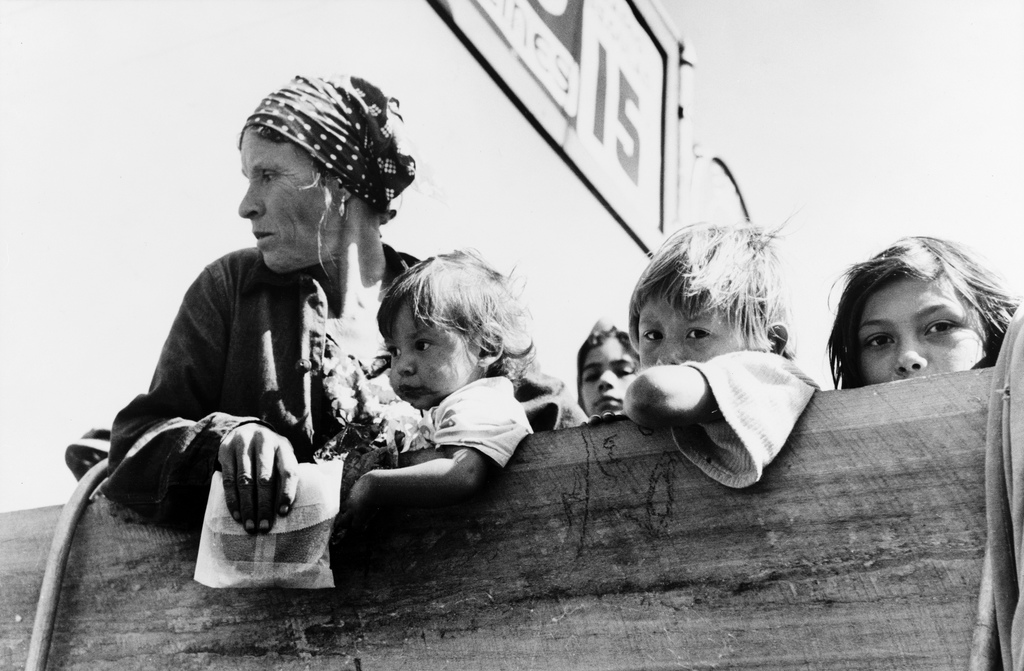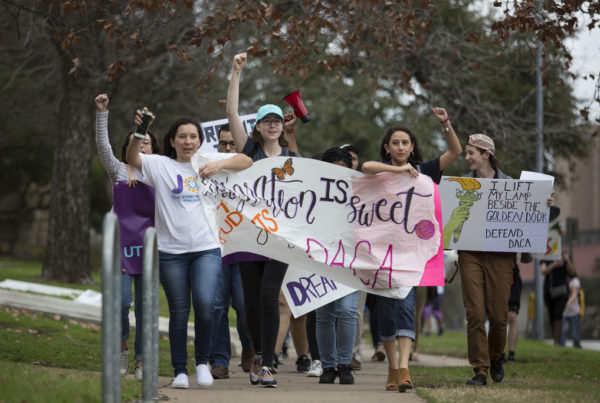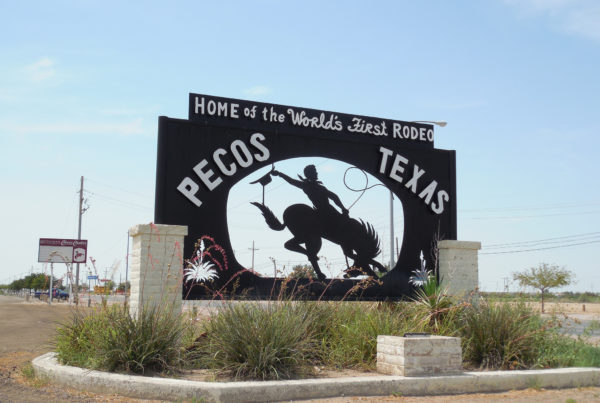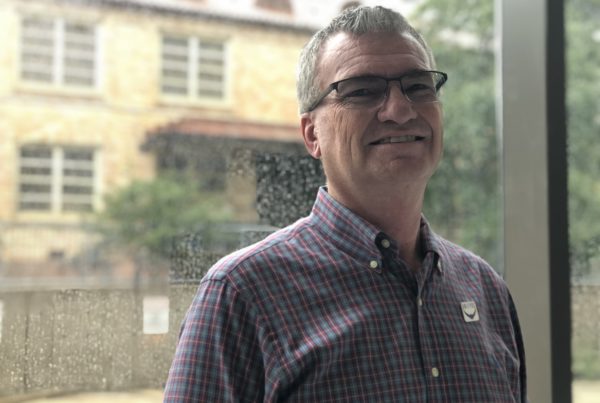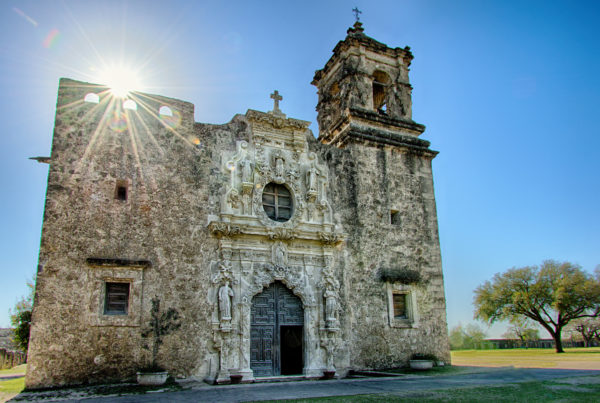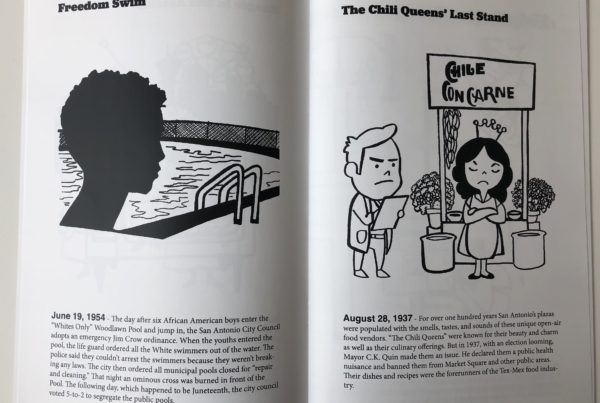In the new film “Adios Amor: The Search for Maria Moreno,” the discovery of lost photographs sparks the search for a hero whom history forgot: Maria Moreno, a migrant and mother driven by the hunger of her twelve children to speak out against injustice. Years before Cesar Chavez and Dolores Huerta launched the United Farm Workers labor union, Moreno picked up the only weapon she had: her voice. Moreno became an outspoken leader in an era when women were relegated to the background. Moreno was the first female farmworker in the U.S. to be hired as a union organizer, but her story was silenced and her legacy buried until now.
Director Laurie Coyle says during Moreno’s time, “there were actually a lot of Mexican-American Dust Bowl refugees, which is a story that’s not so well known in the United States. … Just like the ‘Grapes of Wrath,’ they jumped in their jalopies from Texas, Arkansas and Oklahoma and they headed to California. That was the story with Maria Moreno and her family.”
Coyle says the Moreno family came to California in 1940, joining the migrant population there. She says the family was affected by a massive flood in 1958, when many other farm workers also lost their housing and jobs. Moreno, Coyle says, was unable to adequately feed her family because the government didn’t give aid to migrant farmworkers. Eventually, Moreno’s son went temporarily blind from malnourishment, and the local community noticed. After a reporter published a story detailing the family’s plight, Coyle says the county changed its policy and allowed migrant farmworkers to receive food relief.
“At that time there was just a little seed of a movement starting with a group called Agricultural Workers Organizing Committee, and they were based in California,” Coyle says. “They heard about her and her tremendous power as an orator, and so they recruited her to come work for them. She was the only female organizer working for AWOC.”
Coyle says the film gave Moreno’s children an opportunity to learn more about her and where she came from. She says the family had never been to Karnes County, Texas, where Moreno was born, and that experience brought them closer to a side of her that they didn’t really know.
Coyle says Moreno’s story was lost in the history of the farmerworkers’ movement because female activists mostly worked behind the scenes.
“For one woman to rise through the ranks and be elected by a very multiracial group of farmworkers was truly a remarkable achievement,” Coyle says. “My sense is that the union that she was working for was an old-school labor operation headed up by white men who had never worked in the fields. At a certain point they decided that Maria was too independent, outspoken and they decided to push her out.”
“Adios Amor: The Search for Maria Moreno” is showing at the Esperanza Peace and Justice Center in San Antonio on Oct. 26.
Written by Brooke Sjoberg.


